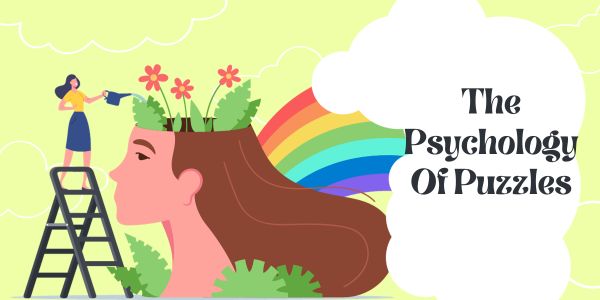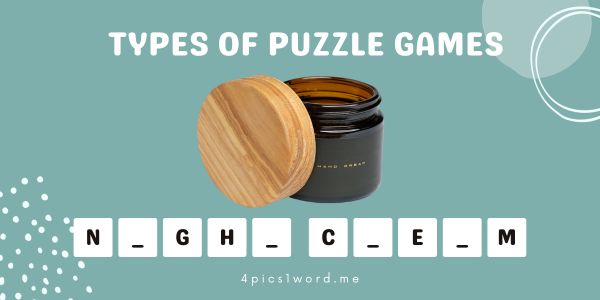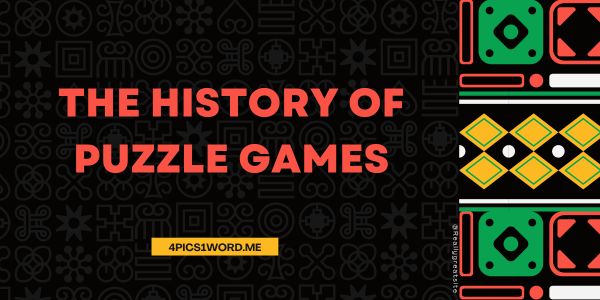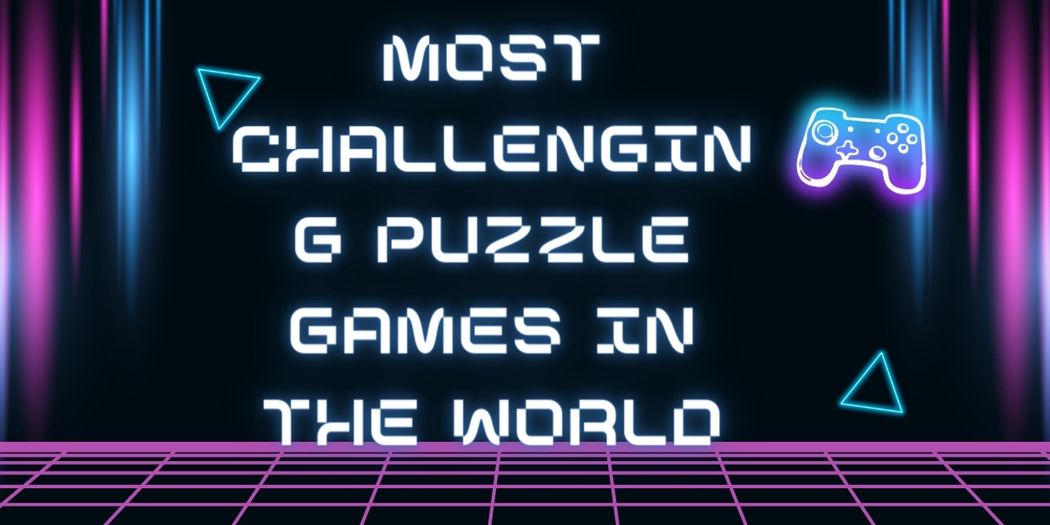
The Psychology Of Puzzles: Why Do We Love Them So Much?
Puzzles have been a popular form of entertainment for centuries, captivating people from all walks of life. From jigsaw puzzles to crosswords and brain teasers, these mind-bending challenges hold our attention and provide hours of enjoyment. But have you ever wondered why we are so drawn to puzzles? What is it about solving them that brings us such satisfaction? This blog post will delve into the psychology behind our love for puzzles and explore the various factors that make them irresistible.
The Psychology Of Puzzles

1. The Challenge Factor:
One key reason why we love puzzles is because they offer a challenge. Humans naturally seek out activities that engage their minds and stimulate cognitive abilities. Puzzles require problem-solving skills, critical thinking, logic, and creativity – all qualities that appeal to our innate desire for mental stimulation.
When faced with a puzzle, whether deciphering cryptic clues in a crossword or fitting together intricate pieces of a jigsaw puzzle, our brains go into overdrive as we try different strategies and approaches until we finally find the solution.
The sense of accomplishment derived from completing a challenging puzzle releases dopamine in our brains – the feel-good chemical associated with reward-motivated behavior. This rush fuels further motivation to tackle more complex puzzles.
2. Cognitive Benefits:
Apart from being entertaining pastimes, engaging in regular puzzling activities also offers numerous cognitive benefits. Research has shown that consistent engagement with puzzles can improve memory retention by stimulating neuroplasticity – the ability of your brain cells (neurons) to create new connections throughout life.
Furthermore, studies suggest that solving word-based or number-based problems like Sudoku may help delay age-related cognitive decline by keeping neural pathways active.
Moreover, working on visual-spatial tasks like assembling jigsaw puzzles enhances spatial reasoning abilities, which are crucial for day-to-day navigation and fields like architecture or engineering, where visualization plays an important role.
3: The Sense of Control:
Another reason why puzzles are so appealing is the sense of control they provide. Solving puzzles offers certainty and order in a world that often feels chaotic and unpredictable.
We ultimately control our environment when we sit down to work on a puzzle. We can choose when to start or stop, how much time to dedicate, and even which type of puzzle to engage with. This autonomy gives us a sense of mastery over the task at hand, which can be lacking in other areas of life.
4: Social Connection:
Puzzles also have an inherent social aspect that contributes to their popularity. Whether gathering around the table with friends or family members for some quality puzzling time or joining online communities dedicated to sharing tips and tricks, puzzles unite people.
Solving puzzles as part of a group fosters collaboration and communication skills while providing an opportunity for bonding experiences. Furthermore, working collaboratively to find solutions enhances problem-solving by exposing individuals’ perspectives and leading them toward out-of-the-box thinking.
Outro:
In conclusion, our love for puzzles stems from various psychological factors such as the challenge they offer, cognitive benefits derived from engaging in these activities regularly, the sense of control they provide amidst chaos & uncertainty, and the fostering of social connections through shared experiences. So next time you find yourself engrossed in unraveling riddles or piecing together fragments into one coherent whole, remember – there’s more than meets the eye behind your fascination!







